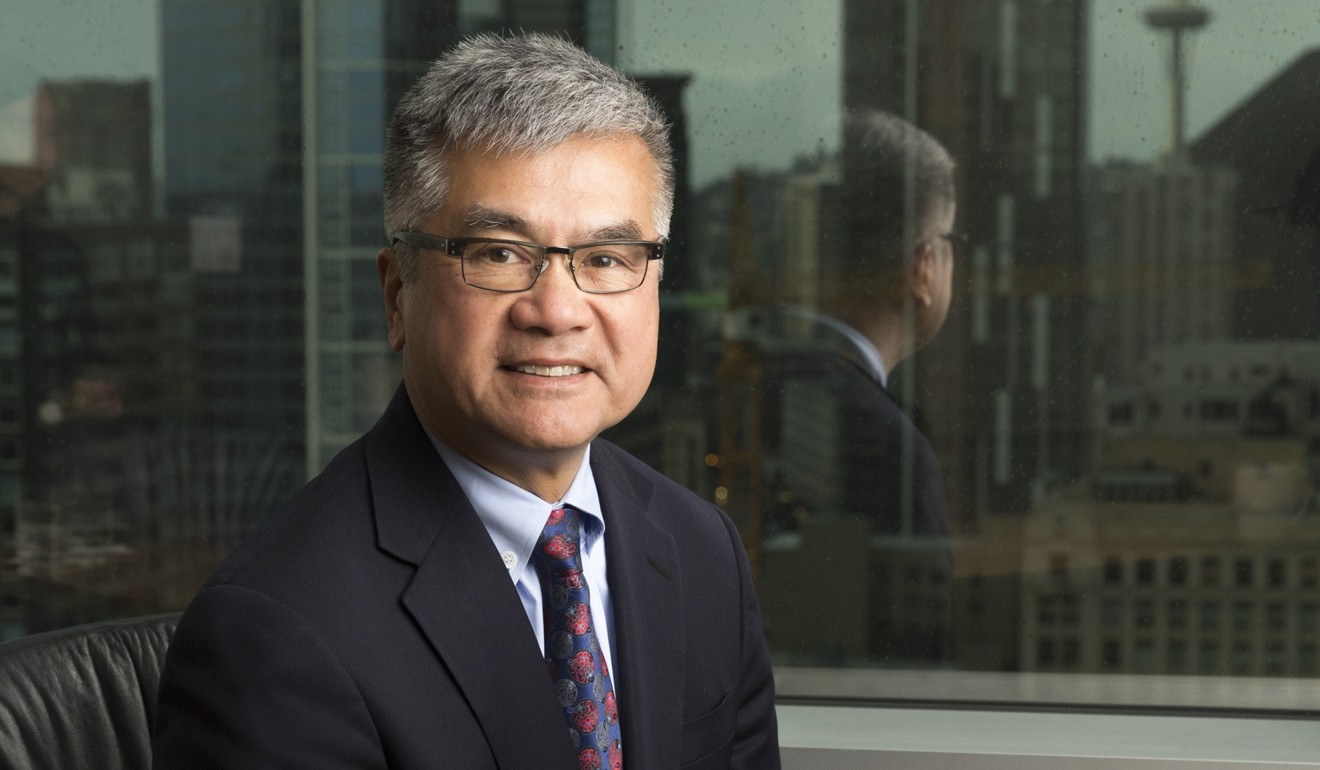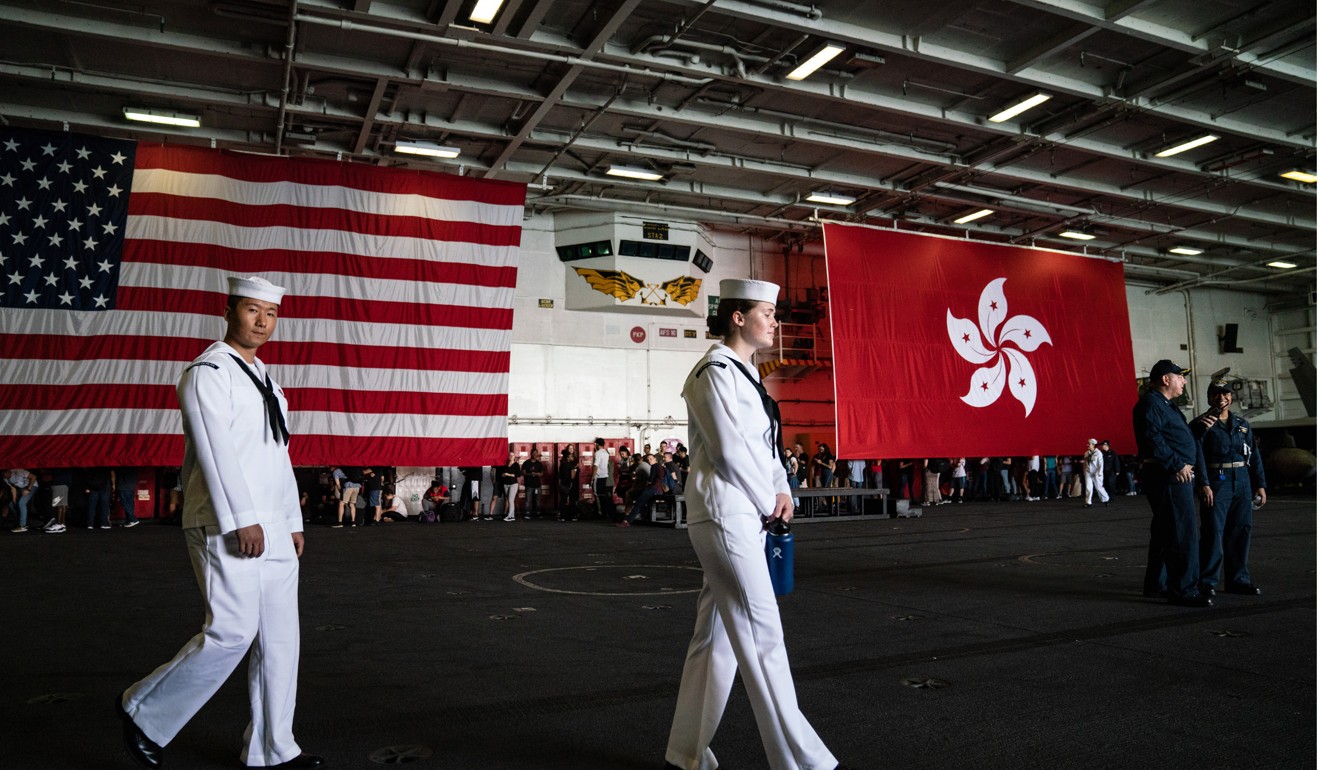
If China-US relations sour even further, don’t expect lobbying to help Hong Kong despite goodwill from some Americans towards city
- Hong Kong has played a specific role in China-US relations since 1997, but with the two powers stuck in a trade war, reflecting on city’s status can be telling
There was an interesting aside when the South China Morning Post received a media leadership award in Washington last week from the US-China Policy Foundation, a non-partisan organisation dedicated to promoting understanding between policymakers from the two countries for more than two decades.
At the gala dinner hosted by the foundation, many American guests, knowing that I was from Hong Kong, talked about their fond memories of our city. It made me proud.
“I love Hong Kong,” former US ambassador to China Gary Locke said at the event.

Most Americans have never been to Hong Kong, and many who are familiar with this city generally tend to be from elite groups such as diplomats, businesspeople and professionals.
Asked what they specifically liked about Hong Kong, their answers tend to depend on personal experience: the city’s vibrancy and efficiency; its rich variety of cuisine; the many amazing conveniences of daily life; and the sense of safety on the streets, no matter how late at night.
But when it comes to the more serious issue of Hong Kong’s “high degree of autonomy” guaranteed by Beijing, and how the local and central governments have performed in that respect, agreeable comments are rare nowadays, even from many friendly Americans. Some also admit they don’t quite understand China, Hong Kong included.
Hong Kong is still wet behind the ears at 21 under Chinese rule
On the other hand, Beijing in recent years has become increasingly suspicious of “external forces” getting involved, if not interfering, in the city’s internal affairs. It is particularly wary of Western governments’ open criticism based on their official reports on Hong Kong which usually question the implementation of the “one country, two systems” policy.

It was against such a backdrop that something interesting happened last week: several lawmakers from both the pro-establishment and pan-democratic sides took the initiative to fly 15 hours across the world to attempt some lobbying work, with a few more on their way there shortly. They were trying to persuade the US to keep Hong Kong’s special trade status separate from that of mainland China, arguing that the local government’s efforts were “too official” to be convincing enough.
Some also admit they don’t quite understand China, Hong Kong included
Lam’s administration, understandably, cannot allow a few lawmakers to take credit for a favourable recognition of Hong Kong by the US – if there is any – especially those from the opposition camp who never hesitate to criticise the local government and Beijing.
At the end of the day, it is not about who can do better, but the status of the city. Beijing is of the view that there is only one reason for all the finger-pointing by the West: post-1997 Hong Kong is no longer a member of the Western camp.
Is the US-China conflict over more than trade? If so, Hong Kong should prepare
Whether one agrees with that or not, here is a practical reality: neither lawmakers nor the Hong Kong government alone can guarantee a successful lobbying mission in Washington, if China-US relations sour even further.
That is regardless of how much some Americans appreciate Hong Kong, although good lobbying is always necessary.

